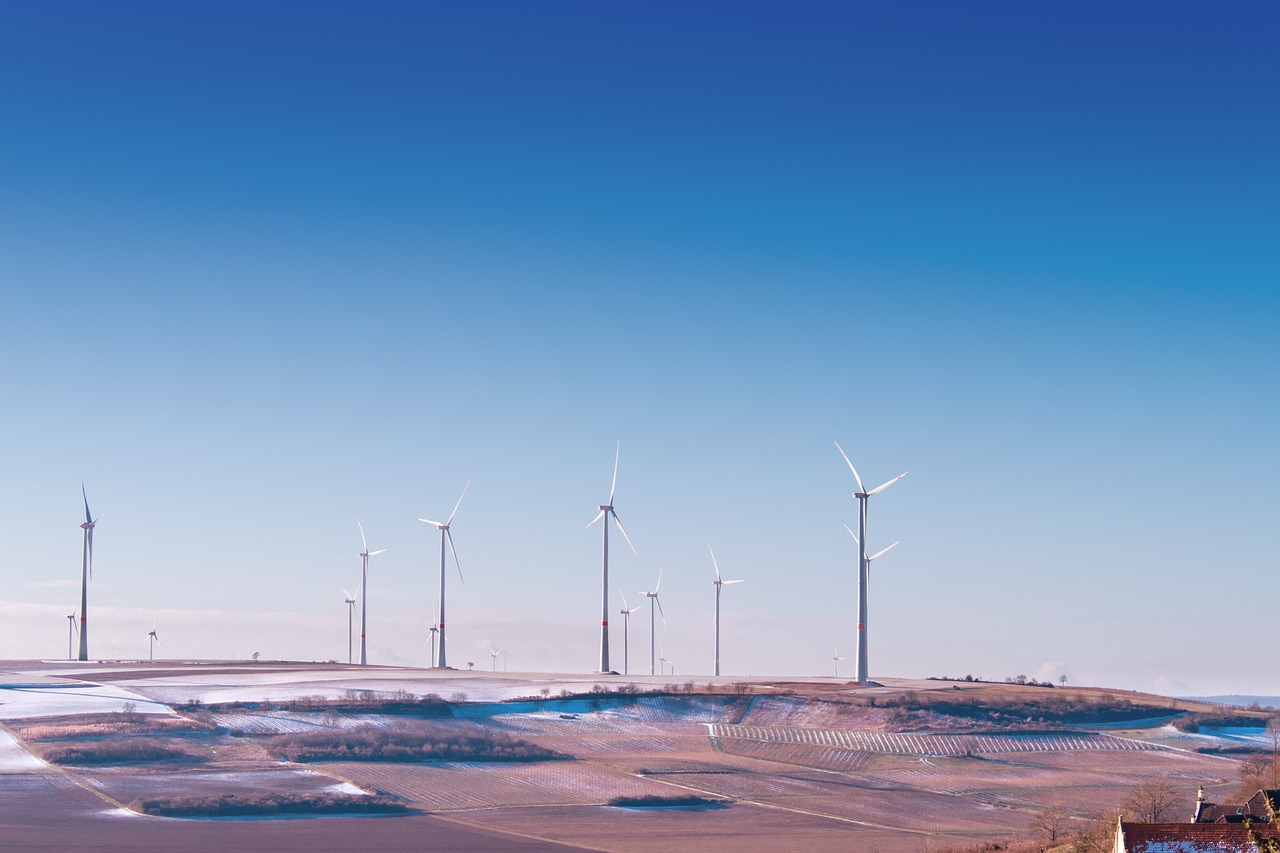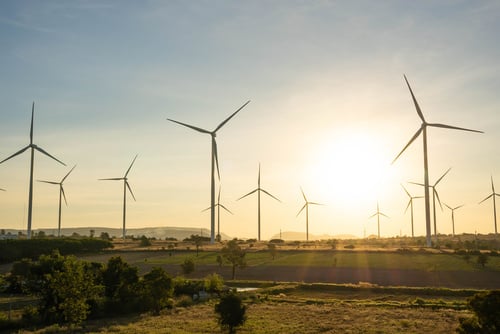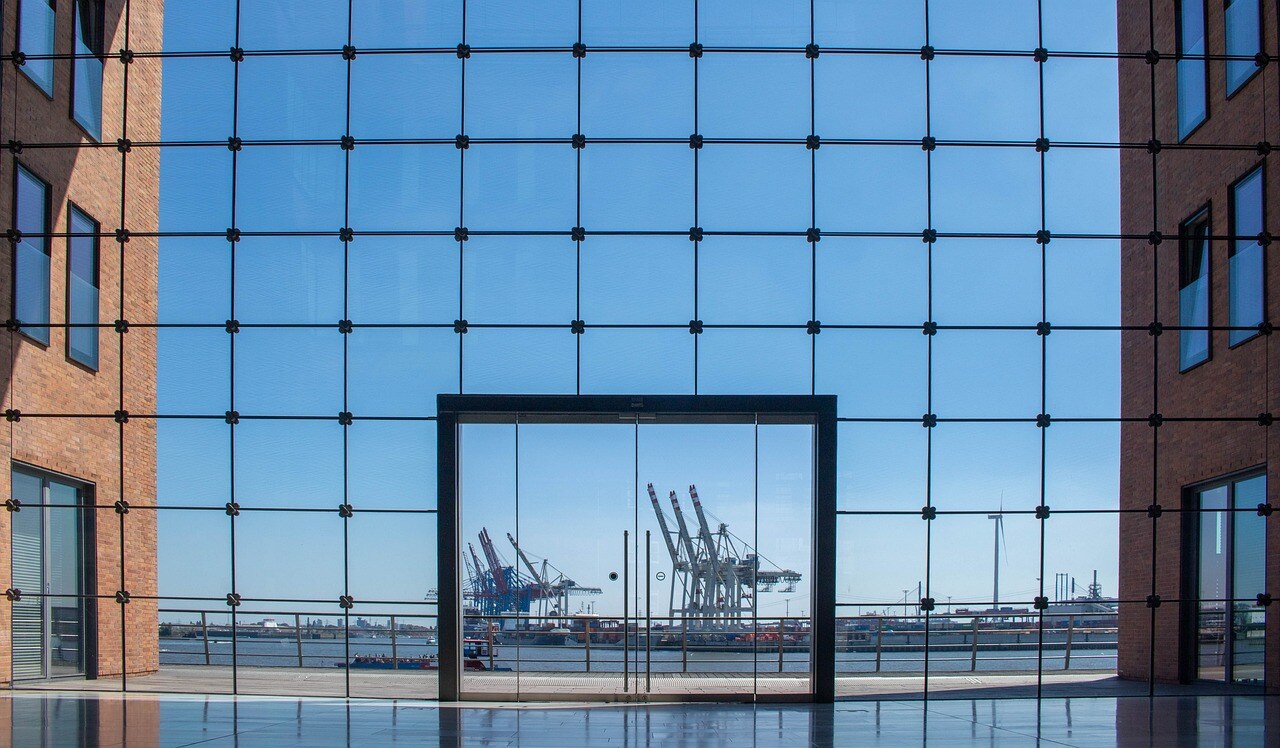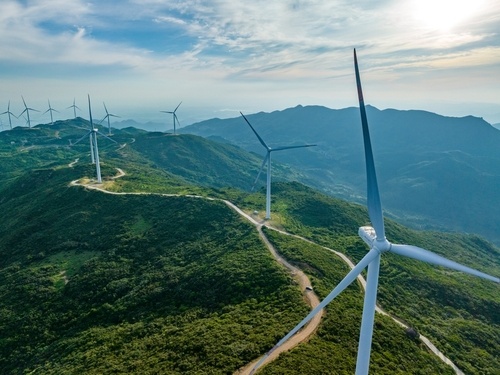As part of a new series of myth-busting around energy terms, we break down why volume doesn't directly impact the price of a unit.
Like any sector, energy is riddled with myths. The business equivalent of an urban legend, beliefs can be distorted through sales pitches and customer misconceptions. At best, it’s a slightly confusing practice. At its more sinister, it can mislead to the point where it implies costs will be cheaper than they are.
One of these relates to the idea that the price of a unit of energy goes down if you buy more, particularly persistent within energy procurement. Part of what perpetuates this is that it’s grounded in common sense and, as we’ll explain below, a degree of reality. Buy more of something and the price can go down, whether wholesale at a supermarket or signing up for an extended period for an SAAS platform.
With energy, though, this isn’t true. Well, not strictly (as we’ll explain below). The wholesale market price isn’t affected by the volume purchased. Other market trends that drive supply and demand will influence it, such as outside temperature, LNG supply, currency impacts on importing/exporting and geopolitical issues. The war in Ukraine and Covid are two recent examples that caused prices to increase and lower, respectively.
But if I buy more doesn’t this mean I’ll pay less?
You can't lower the raw wholesale price just by buying more. UK wholesale electricity and gas markets are priced in £/MWh and p/therm respectively, with minimum trade volumes. Whether you're buying the minimum trade volume or ten times this amount, the price is the same. But, the raw commodity isn’t the only price to consider, as other costs make up your final delivered energy price. These can be affected by several factors, one of which is volume.
Larger volumes can present more opportunities to the supplier and so may attract lower supplier management fees. Fees that cover the suppliers’ risk, when transacting on your behalf on wholesale markets, may also be reduced with larger volumes.
If you’re a large energy user, you can see the benefits of this by securing a flexible contract. This will allow you to spread your risk through multiple purchases at different junctures. You don’t need to be a big energy user to take advantage of this, provided you use a service like our flexible procurement framework.
Got any further questions? Book a call with one of our procurement experts to see if there are any other ways we can save your business money on their energy expenses.







